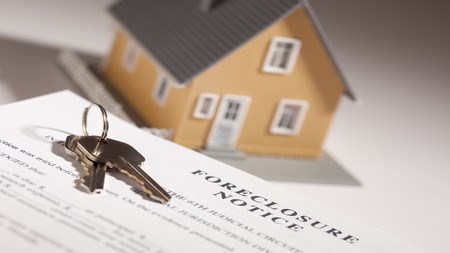There is generally confusion between a sale of execution and a repossessed property. Here's a clear explanation.
A property becomes a repossessed property when a home owner is in substantial arrears with his repayment on his home loan, the bank takes legal steps to serve the owner with a summons, take judgment and eventually attach the property. If during these stages the owner is still in arrears, the bank instructs a sheriff of the court to sell the property at a public auction. The bank is entitled to attend the sale and to ‘buy the property back’ if the bidding amounts being bid at the sale are not sufficiently high enough to cover the amount outstanding to the bank. A property becomes a Property in Possession (PIP) when the bank ‘buys the property back’ at a sale in execution (public auction).
In doing so the bank then becomes the legally registered owner of the property and gives the ‘previous’ owner notice to vacate the property (or in some cases, enters into a formal month-to-month lease agreement with the ‘previous’ owner). The property may be advertised and some banks may provide lists of repossessed properties to certain property professionals in order to sell the properties.
If the outstanding debt is less than the market value of the property you could find yourself picking up a bargain as the bank’s main objective is to recover its losses. Properties in possession are often in poor condition and it is advisable to take the renovating costs into account before purchasing, as your bargain may turn out to be costly after fixing it up.
There is no transfer duty on the purchase of a repossessed property, due to the bank being a VAT vendor. You do not have to worry about outstanding municipal bills, as the bank needs to make sure the account is paid up to date.
It is also a good idea to find out why the property was repossessed, as many repossessed properties are not in good areas.
A disadvantage
One of the biggest disadvantages to buying a repo is that you may be responsible for obtaining ‘vacant possession’. This means that when the property is registered into your name you would need to give the occupants notice to vacate the property or do any legal eviction if necessary.
Buying a repossessed property has its benefits but you need to weigh them up against the hassles you may incur.
This article originally appeared in Property Power 11th Edition Magazine. To order your copy at the discounted price of R120 click here.




